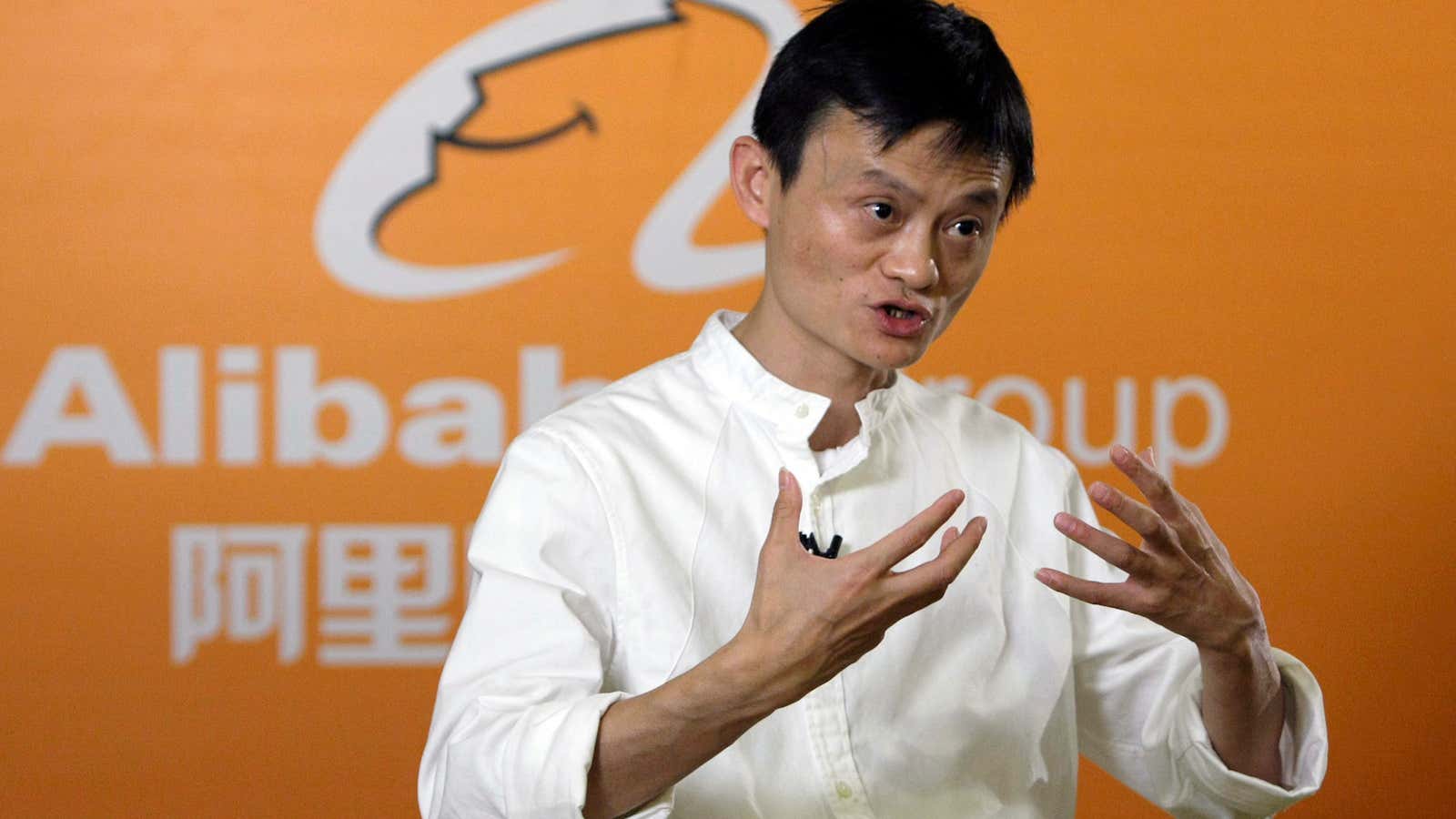Facebook has been following Asian messaging companies when it comes to planning out the future of its chat app, Messenger. That goes not just for Messenger’s use as a communications tool, but for the nascent payments business embedded within the app.
In Wired’s new profile of Messenger, David Marcus, the former PayPal executive overseeing the Messenger app for Facebook, explains why he’d rather structure Messenger’s payments business like Alibaba rather than eBay or Amazon. Mostly, it comes down to margins:
eBay takes a cut of every transaction and listing; Alibaba does all that for free, and makes money from advertising. Alibaba is bigger than eBay and Amazon combined, and is growing much faster. … The margins on payments aren’t that high, and we want the broadest reach. Businesses will want to pay to be featured or promoted – which is a bigger opportunity for us.
In other words, Facebook doesn’t actually want a payments business that makes money on transactions—it doesn’t even plan to charge businesses to transact on Facebook. What it wants is a payments business that makes money on advertising.
It’s not an unreasonable strategy. For payments to move the needle for a $260 billion company, Facebook would need to drive a lot of transaction volume. By charging retailers for prime placement in areas of Facebook where transactions might take place, the social media giant makes money even if people don’t make purchases.
The new money transfer feature in Messenger has only been operational in the US since its announcement in March, although Marcus says Facebook will be expanding it to other countries.




